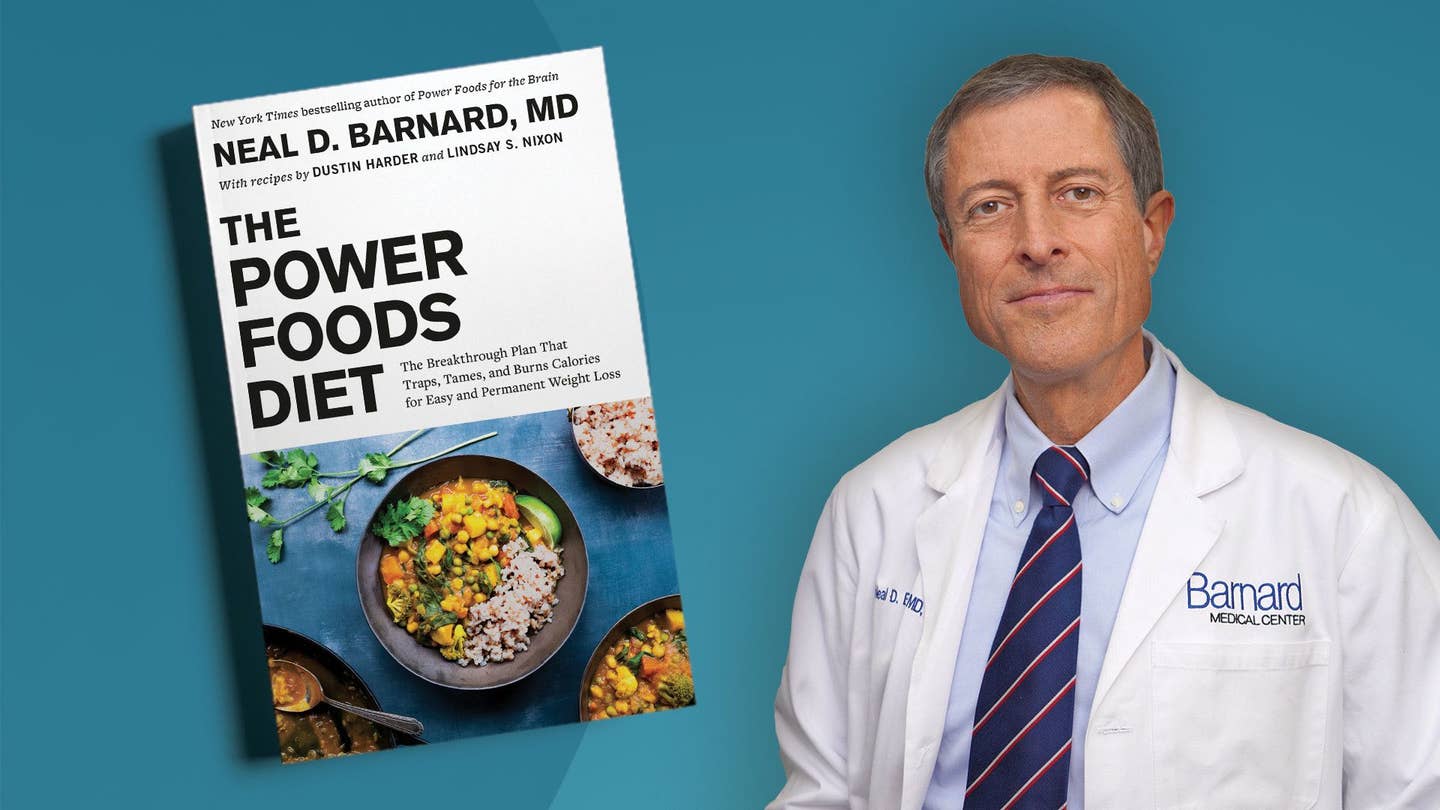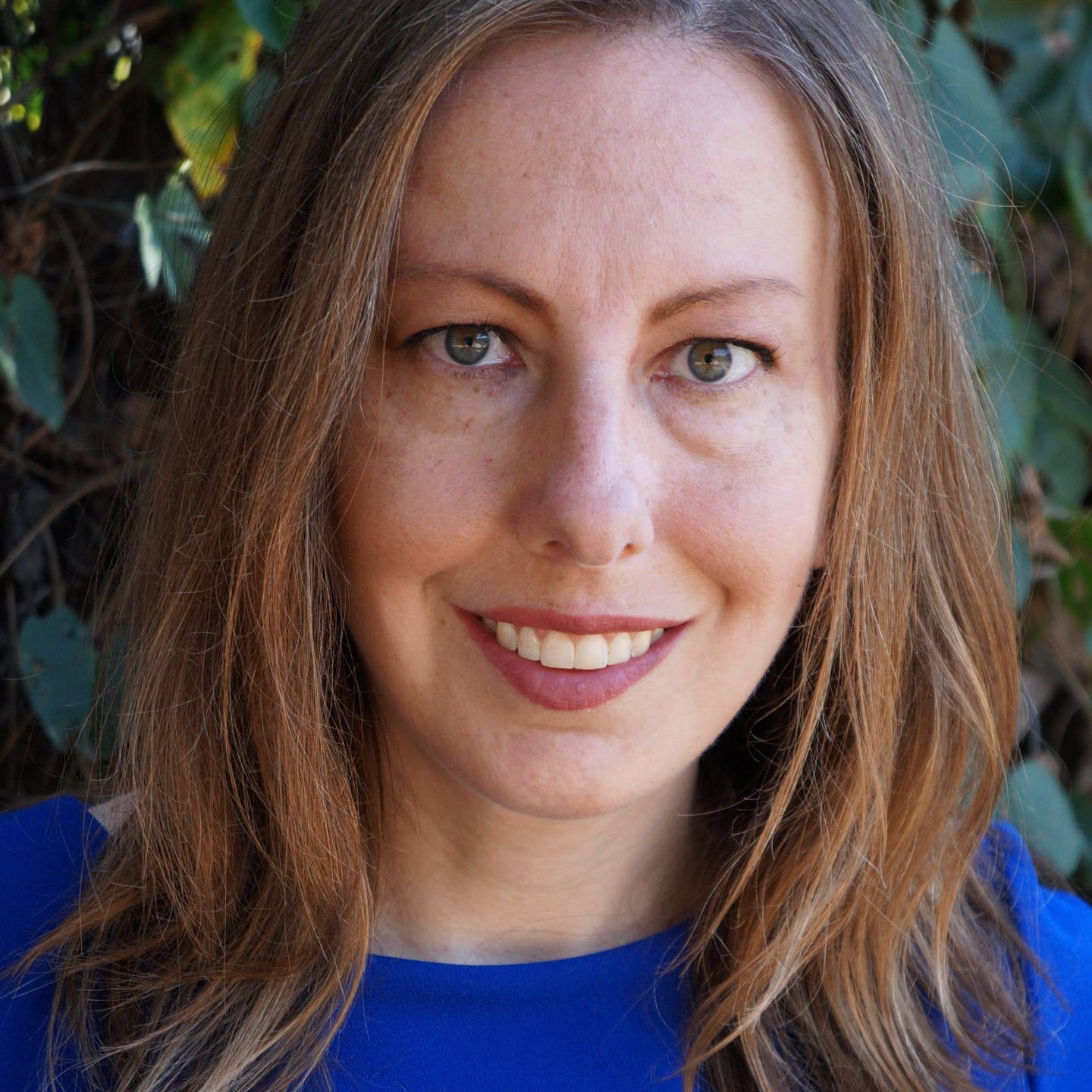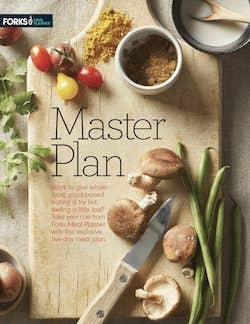Dairy has long been touted as a healthy source of calcium. But a recent review, titled “Milk and Health,” published in the New England Journal of Medicine, raises questions about milk’s purported benefits and dairy’s impact on the planet.
Walter Willett, MD, DrPH, a professor of nutrition and epidemiology at the Harvard T.H. Chan School of Public Health, and his co-author, David Ludwig, MD, PhD, a professor of pediatrics and nutrition at Harvard, reviewed more than 100 studies related to dairy and found the evidence of its supposed health benefits to be surprisingly thin, starting with the very methodology by which U.S. dairy guidelines were determined.
The USDA recommends that we consume three 8-oz. servings of low-fat or fat-free milk or yogurt daily. Yet these recommendations are based on studies of just 155 individuals, Willett and Ludwig report. The USDA-cited research sought to determine how much calcium humans could absorb, but “beyond small size, these balance studies have other serious limitations, including short duration (around two to three weeks),” Willett writes. The authors also note that results varied significantly across populations, which suggests that the amount of calcium absorbed by the body can change depending on diet.
Dairy and Bone Health
Willett and Ludwig next examine the relationship between dairy consumption and bone health, noting that a supposed reduction in fractures “has been a primary justification for current U.S. recommendations.” Despite claims that dairy builds strong and healthy bones, Willett and Ludwig’s review finds that hip fractures tend to occur at higher rates in countries where milk and calcium consumption is highest. While factors such as vitamin D status and ethnicity may also play a role, statistics show a lower rate of hip fracture among those who consume less dairy. While this doesn’t necessarily mean that dairy causes hip fractures, it does show that dairy doesn’t reduce the risk. And despite claims that calcium can be banked to protect bones into old age, one study of almost 100,000 middle-age or older adults showed that each additional glass of milk consumed daily by adolescent boys was associated with a 9 percent greater risk for hip fracture later in life.
Dairy and Weight-Control
The authors also took a closer look at dairy’s supposed weight-control benefits: A meta-analysis of 29 randomized trials showed no clear effects of milk or other dairy foods on body weight in children or adults. And while the USDA recommends choosing reduced-fat dairy, low-fat milk doesn't appear to have advantages over whole milk for weight control. Evidence suggests that in the long term, children actually gain more weight with reduced-fat milk than with full-fat milk.
Environmental Impact
In addition to health concerns, the review examines the environmental costs of meeting the USDA’s dairy-intake recommendations. The authors note that the impact of industrial dairy production on greenhouse gas emissions and climate change, water use and pollution, and antibiotic resistance is 5 to 10 times greater per unit of protein than the production of soy and other legumes as well as most grains. The authors suggest that limiting dairy production could benefit us globally, making it easier to reach international greenhouse-gas targets.
The report concludes that milk is not an essential part of the diet, and calcium can be obtained elsewhere—and not just from obvious dairy alternatives: “Some people want to consume a white liquid, and there are now many options, such as nut milk, oat milk, and soy milk,” says Willett. “It is important to use one without added sugar. However, white liquid consumption is not nutritionally necessary, and adequate calcium can be obtained from many other foods, especially greens such as kale and also broccoli.”

Related News
Try Our Top-RatedMeal Planner Free

Forks Meal Planner takes the hard work out of making nutritious meals the whole family will enjoy.
SAVE $200 ON OUR ULTIMATE COURSE

Join our best-selling course at a new lower price!



